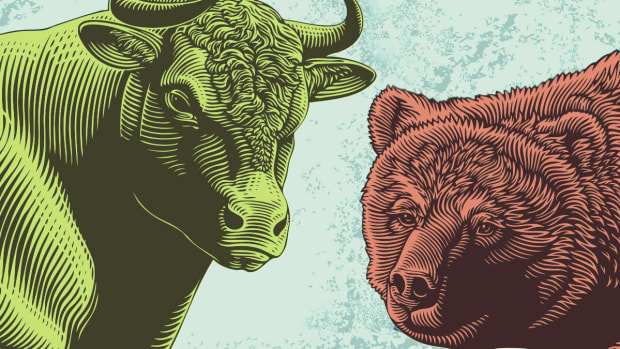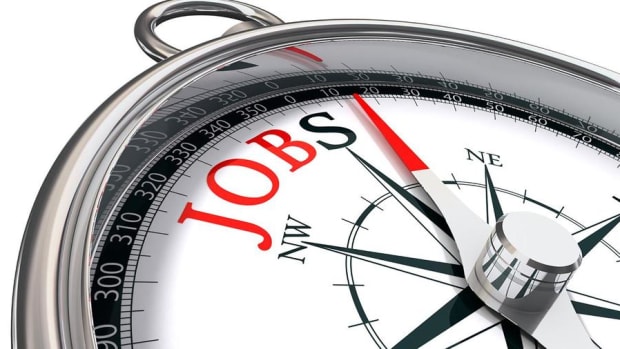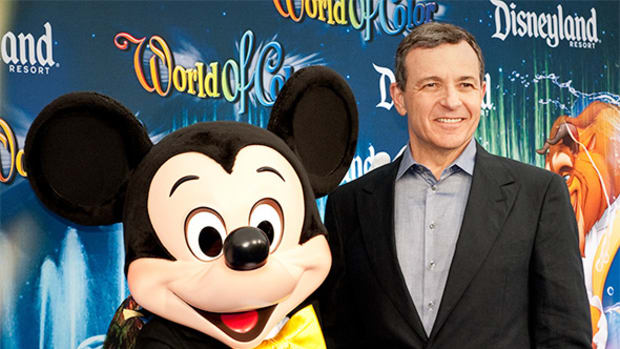Is Cigarette Smoke Less Harmful Than Marijuana Smoke?
When discussing the pros and cons of cannabis, the medicinal benefits are always part of the conversation.
CBD, the form of the plant that does not get you high, has been shown to lower blood pressure, reduce inflammation, prevent relapses into drug and alcohol addiction, treat anxiety disorders, treat gastrointestinal disorders, prevent seizures, and fight cancer.
The THC-infused version of the drug has been shown to treat Alzheimer's disease, appetite loss, cancer, Crohn's disease, diseases affecting the immune system, eating disorders, epilepsy, glaucoma, multiple sclerosis, muscle spasms, nausea, pain, and seizures.
But a study published Nov. 15 in the journal Radiology calls into question some of the possible long-term effects of smoking marijuana, suggesting that it could be worse for your lungs than cigarette smoke.
While the authors of the study admit that "the long-term effects of inhaled marijuana on human airways and lung parenchyma are unknown," they also say the perception that marijuana smoke is less lethal than cigarette smoke "might not be true."
The study followed 56 marijuana smokers and 90 participants who didn't smoke marijuana.
It found higher ratings of conditions, including emphysema and airway inflammation, among people who smoke marijuana than among non-smokers and people who only smoked tobacco.
The study found bronchial thickening in 64% of weed smokers versus just 42% of tobacco-only smokers, a condition that leads to excess buildup in 23% of marijuana smokers versus 6% of tobacco-only smokers.
Age-matched marijuana smokers had higher rates of emphysema than tobacco-only smokers by a 93% to 67% margin.
Marijuana Under Review
In October when President Joe Biden announced that he was pardoning all federal marijuana simple possession convictions, he also promised that the Department of Health and Human Services and the Attorney General would review the Schedule 1 classification of marijuana.
Under the Controlled Substances Act, weed is scheduled on the same level as heroin.
But there is no guarantee that the review will lead to any changes, and the findings in the Radiology study certainly don't bolster the case for rescheduling.
"Yeah, and let me just emphasize: The President is asking him to undertake a review, not to de-schedule or any particular schedule. He has asked him to undertake the review to assess where — what — how marijuana should be classified," an administration official said at the time of the announcement.
But even rescheduling the review wouldn't do much.
“If marijuana remains a controlled substance under the CSA under any schedule, that would maintain the existing conflict between the federal government and states that have legalized recreational marijuana, though moving marijuana to a less restrictive schedule could help mitigate conflicts between federal law and state medical marijuana laws,” the Congressional Research Service said in a recent report.
Only Congress can de-schedule a drug. Biden doesn't have the authority to do that.
In late October, a Las Vegas judge ruled that the Nevada Board of Pharmacy is no longer the authority regulating marijuana in the state.
This comes after District Judge Joe Hardy Jr. ruled that the board's classification of cannabis as a Schedule 1 drug was unconstitutional, the Las Vegas Review-Journal reported.
He followed that decision up with his ruling this week that the board could not regulate marijuana or marijuana products. The state government has assigned those tasks to a separate cannabis compliance board.
This new ruling means that the Board of Pharmacy can't reschedule cannabis as a controlled substance under any schedule, the ACLU said in a statement.





